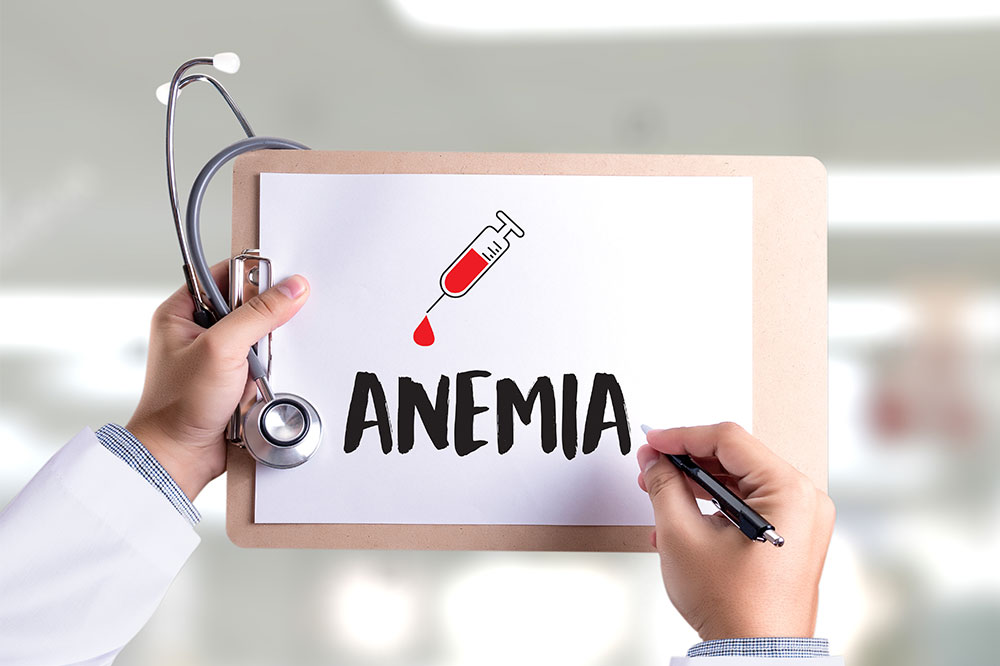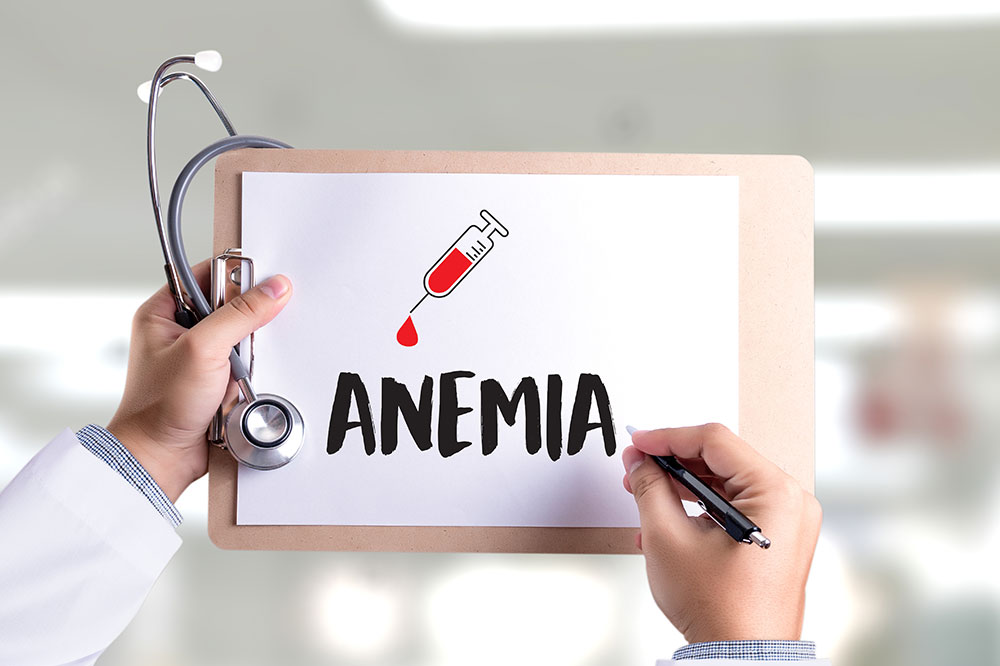Comprehensive Guide to Anemia in Pregnant Women: Causes, Symptoms, Prevention, and Care Tips
This extensive guide explores anemia in pregnant women, detailing its causes, symptoms, and prevention methods. Understanding anemia’s impact on mother and baby and adopting effective management strategies can promote healthier pregnancies. Regular screenings, proper nutrition, and medical advice are key to preventing complications and ensuring both mother and child’s well-being.

Comprehensive Guide to Anemia in Pregnant Women: Causes, Symptoms, Prevention, and Care Tips
Anemia during pregnancy is a prevalent condition that concerns healthcare providers worldwide. It is particularly significant because it directly impacts both maternal health and fetal development. With an estimated over 50% of pregnant women affected at some stage, understanding the nuances of anemia, its causes, symptoms, preventive measures, and treatment options is essential for expectant mothers and healthcare practitioners alike.
This article aims to provide an in-depth overview of anemia in pregnancy, including the various types, risk factors, clinical presentation, and effective management strategies. By gaining comprehensive knowledge, pregnant women can take proactive steps to prevent or mitigate anemia's effects, ensuring a healthier pregnancy outcome.
Understanding the Causes, Risks, and Symptoms of Anemia During Pregnancy
What is Anemia, and Why Is It More Common During Pregnancy?
Anemia is a condition characterized by a deficiency in healthy red blood cells or hemoglobin, the protein responsible for transporting oxygen throughout the body. When red blood cell levels are below normal, less oxygen reaches tissues and organs, leading to fatigue, weakness, and other health issues. During pregnancy, this condition becomes even more critical as the body's need for increased blood volume rises to support fetal growth.
Healthy pregnancy demands an additional approximately 20-30% increase in blood volume, which means more red blood cells are needed. If the body cannot produce enough or if there is excessive loss, anemia develops. The most common types of anemia during pregnancy include iron deficiency anemia, vitamin B12 deficiency anemia, and folate deficiency anemia. Although there are over 400 types of anemia worldwide, these are the most relevant and prevalent during gestation.
Why Does Anemia Occur During Pregnancy?
The increased demand for nutrients and red blood cell production during pregnancy is the main reason anemia tends to occur. Specific factors that contribute include:
Insufficient intake of iron, vitamin B12, or folate through diet
Poor absorption of nutrients due to gastrointestinal issues
Pre-existing nutritional deficiencies before pregnancy
Multiple pregnancies, which increase nutritional demands
Heavy menstrual bleeding prior to conception
Furthermore, certain medical conditions, such as chronic diseases or parasitic infections, can impair nutrient absorption, raising anemia risk during pregnancy.
Recognizing the Symptoms of Pregnancy-Related Anemia
Initially, anemia in pregnancy might not present noticeable symptoms. This asymptomatic phase can delay diagnosis and treatment. However, as the deficiency worsens, symptoms become prominent and necessitate medical attention. Common signs include:
Persistent fatigue and weakened stamina
Dizziness, especially when standing up quickly
Shortness of breath during daily activities
Rapid, irregular heartbeat or palpitations
Pale or sallow skin, lips, and nails
Cold hands and feet
Difficulty concentrating or focusing
Moments of lightheadedness or fainting could also indicate severe anemia, requiring immediate medical intervention.
Prevention and Effective Management Strategies for Anemia in Pregnancy
Detecting anemia early and managing it effectively can dramatically improve outcomes for both mother and baby. Pregnant women should work closely with their healthcare providers to implement preventive measures and adhere to treatment plans. Key strategies include:
Regular blood tests: Routine screening during pregnancy ensures early detection of anemia.
Balanced diet: Incorporate iron-rich foods such as lean meats, spinach, lentils, and fortified cereals. Combining these with vitamin C sources like citrus fruits enhances iron absorption.
Supplements: Healthcare providers may recommend iron supplements or other vitamins based on individual needs. It is crucial not to self-medicate without medical advice, as excessive intake can have adverse effects.
Avoid inhibitors of iron absorption: Limit consumption of tea, coffee, and calcium-rich foods around meal times, as they can hinder iron uptake.
Address underlying issues: Manage bleeding or gastrointestinal problems promptly to prevent nutritional deficiencies.
Healthy lifestyle: Adequate rest, hydration, and avoiding strenuous activities help maintain overall health during pregnancy.
In cases of severe anemia, intravenous iron therapy or blood transfusions might be necessary under medical supervision. Additionally, managing other nutrient deficiencies, such as vitamin B12 and folate, complements anemia treatment strategies.
Final Thoughts
As one of the most common complications during pregnancy, anemia necessitates awareness, proactive management, and regular medical care. With proper nutrition, timely prenatal screening, and adherence to healthcare providers' recommendations, pregnant women can significantly reduce the risks associated with anemia, ensuring a healthier pregnancy and optimal birth outcomes.





